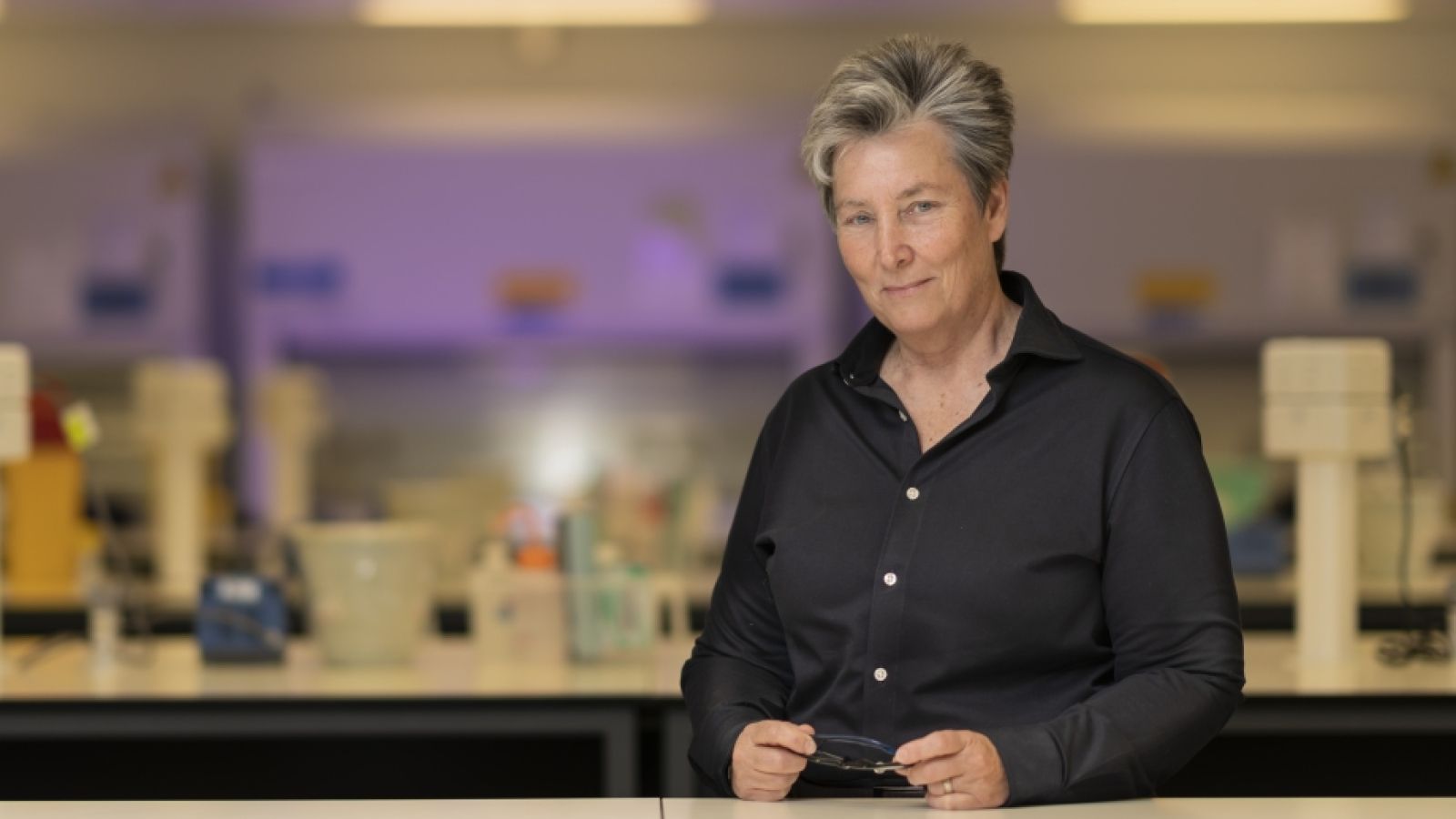
Image Caption: Professor Bronwyn Parry, Dean of the ANU College of Arts and Social Sciences. Photo: Jamie Kidston/ANU
2 minute read
In an Australian first for social science, Professor Bronwyn Parry, Dean of the College of Arts and Social Sciences at the Australian National University (ANU) and her European collaborators have been awarded a $16 million Synergy Grant from the European Research Council (ERC) to study the role that cooling technologies play in driving global warming.
“This project evidences the essential contributions that social scientists can make to addressing the complexities of the climate crisis. This achievement reinforces our University’s standing as a global leader in the study of climate change and strengthens our relationship with Europe’s top universities and researchers,” Professor Parry said.
The research group is one of 37, from a total of 395, to secure a share of over $650 million in funding provided by the ERC to conduct transformative research on a global scale.With a success rate of 9.3%, these highly competitive synergy grants are a benchmark for international research excellence and one of Europe’s flagship research programs.
Over the next six years, Professor Parry will work alongside a world leading interdisciplinary team of researchers that includes Professor Suzana Alpsancar from Paderborn University, Professor Alexander Friedrich from TU Darmstadt, and Professor Stefan Höhne from Kulturwissenschaftliches Institut, Essen (KWI).
As a renowned global health and social medicine researcher, Professor Parry was previously employed at King’s College London, where she held various high-level positions including as Vice-President/Vice-Principal (Service), Co-Director of the King’s Sanctuary Programme and Head of the School of Global Affairs. In November 2022, she was appointed by the ANU as the new Dean of the College of Arts and Social Sciences.
"I am absolutely delighted to bring this grant to CASS as it demonstrates the absolute centrality of the core disciplines of sociology, anthropology, philosophy, digital humanities, and science and technology studies to understanding the key drivers of climate change, and reformulating our relationship to artificial cold," Professor Parry said.
Deputy Vice-Chancellor (Research and Innovation) Professor Keith Nugent congratulated Professor Parry on being awarded funding for this “incredibly important” work.
“I am thrilled to extend my heartfelt congratulations to Professor Parry and the team on securing this prestigious grant,” he said.
“Cooling technologies are a hidden driver of climate change, but to date have been the subject of little sustained research. The ANU anticipates that the findings of the CULTCRYO project will play a key role in crafting more sustainable futures.”
The now globally extensive system of cold storage, cold chains and air-conditioned environments that surrounds us has become an energy-intensive but little-noticed planetary infrastructure, making up what the team refer to as the "artificial cryosphere". However, the carbon consumption of this ubiquitous technology poses an unprecedented threat to humanity as the planet continues to heat up.
This project will map the extent and historical development of the cryosphere for the first time and provide both an ethnographic account of its cultural composition and an ethical analysis of its underpinning norms and values. Using cutting edge techniques from the digital humanities, GIS, STS and cultural anthropology, the researchers aim to co-design alternatives for a more sustainable future of artificial cooling, helping to avert an impending ‘cold crunch’.
“By understanding the role cooling technologies play in driving global warming, we are not only aiming to comprehend how to coexist with them sustainably, but also how to prevent humanity’s risk of extinction,” Professor Parry explains.
The President of the ERC, Professor Maria Leptin, extended their congratulations to all winners, noting they eagerly await the outcomes of these “audacious” international collaborations.
“I am happy to see some European researchers teaming up with peers across several continents. Together, they are well-equipped to tackle the substantial scientific questions that our world is yearning to find answers to,” she said.
Read the full press release published by the European Research Council here